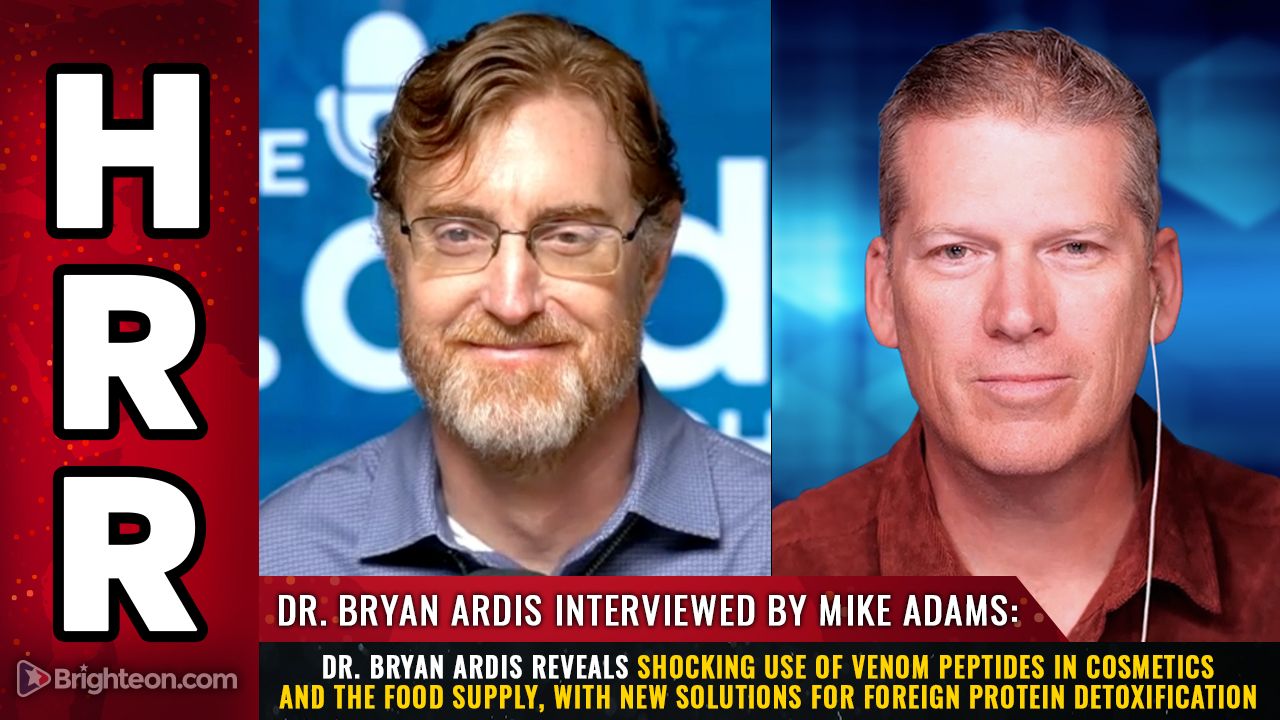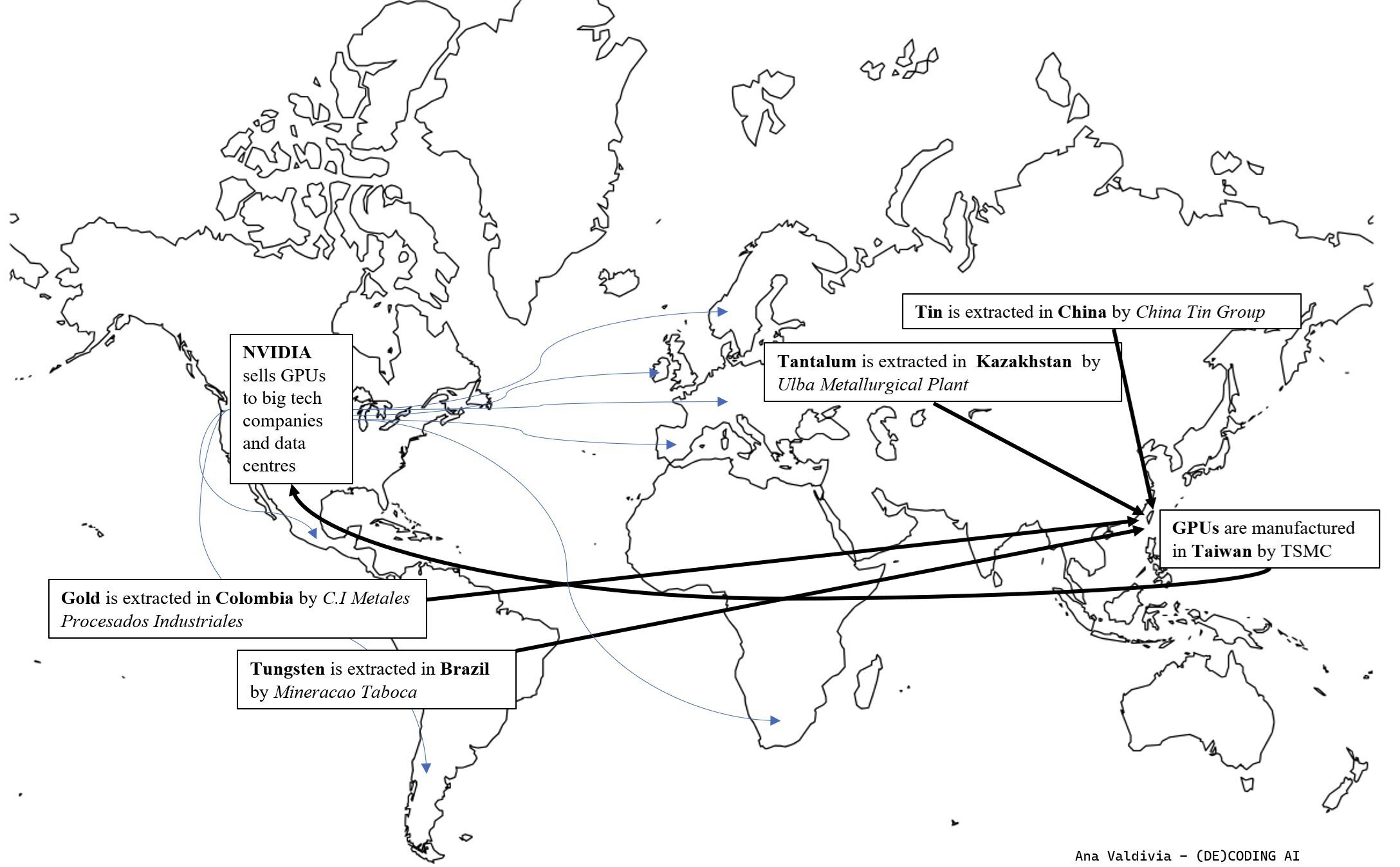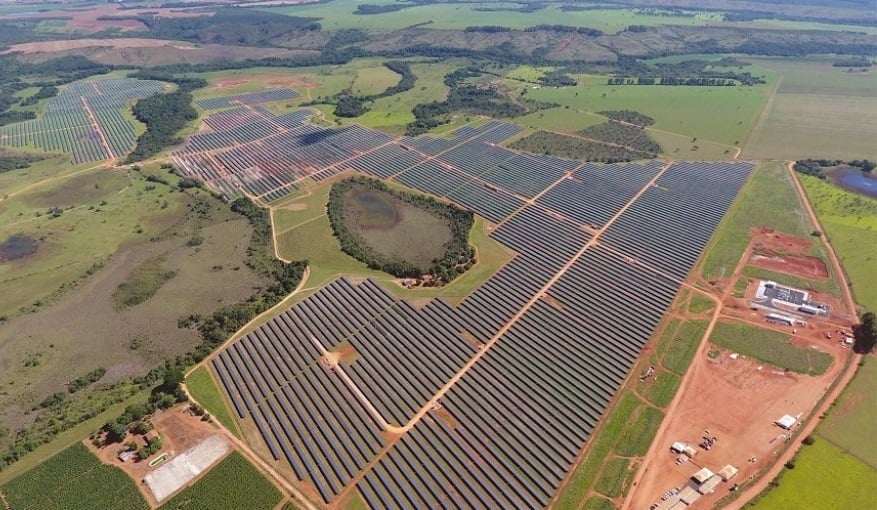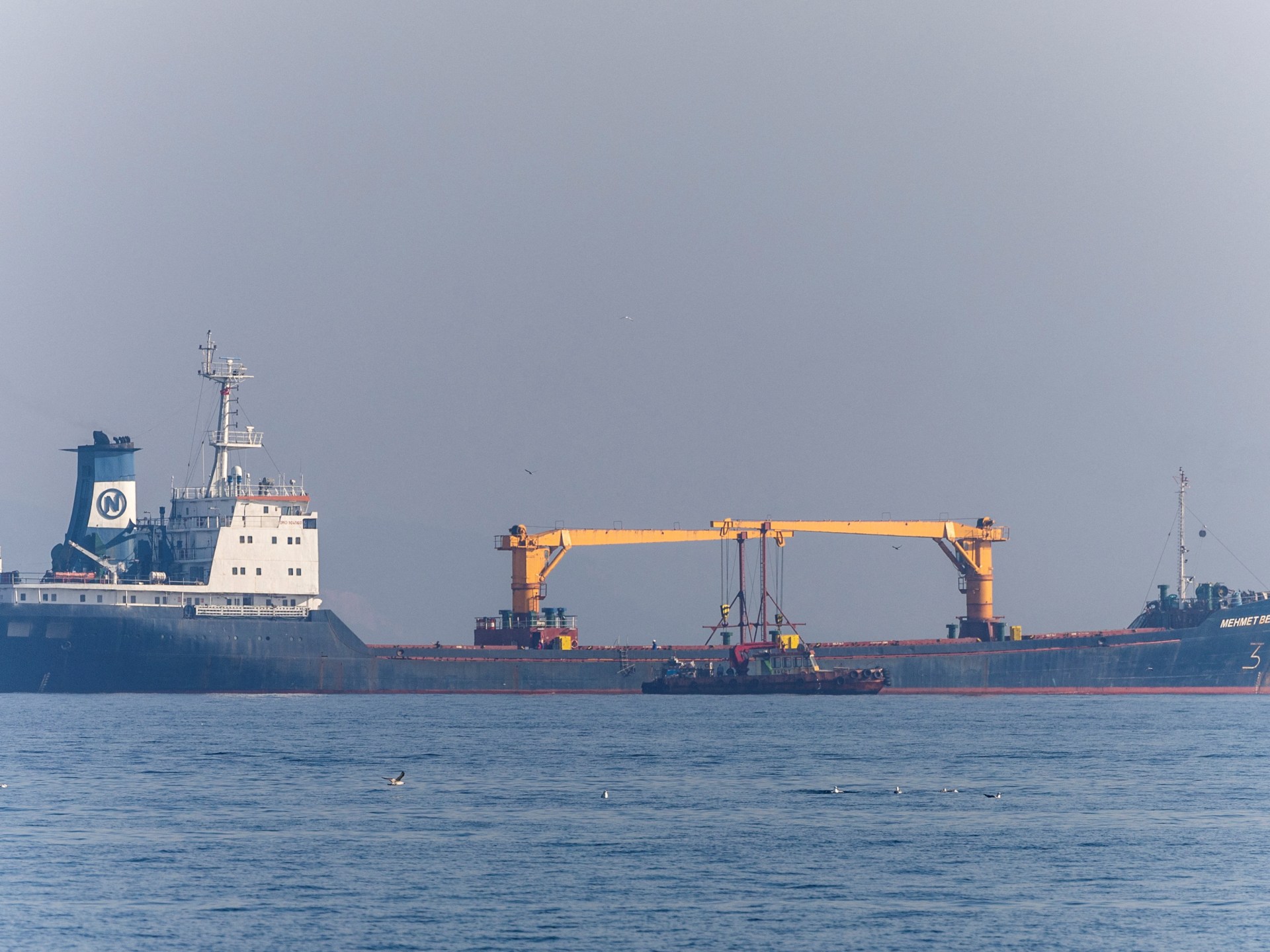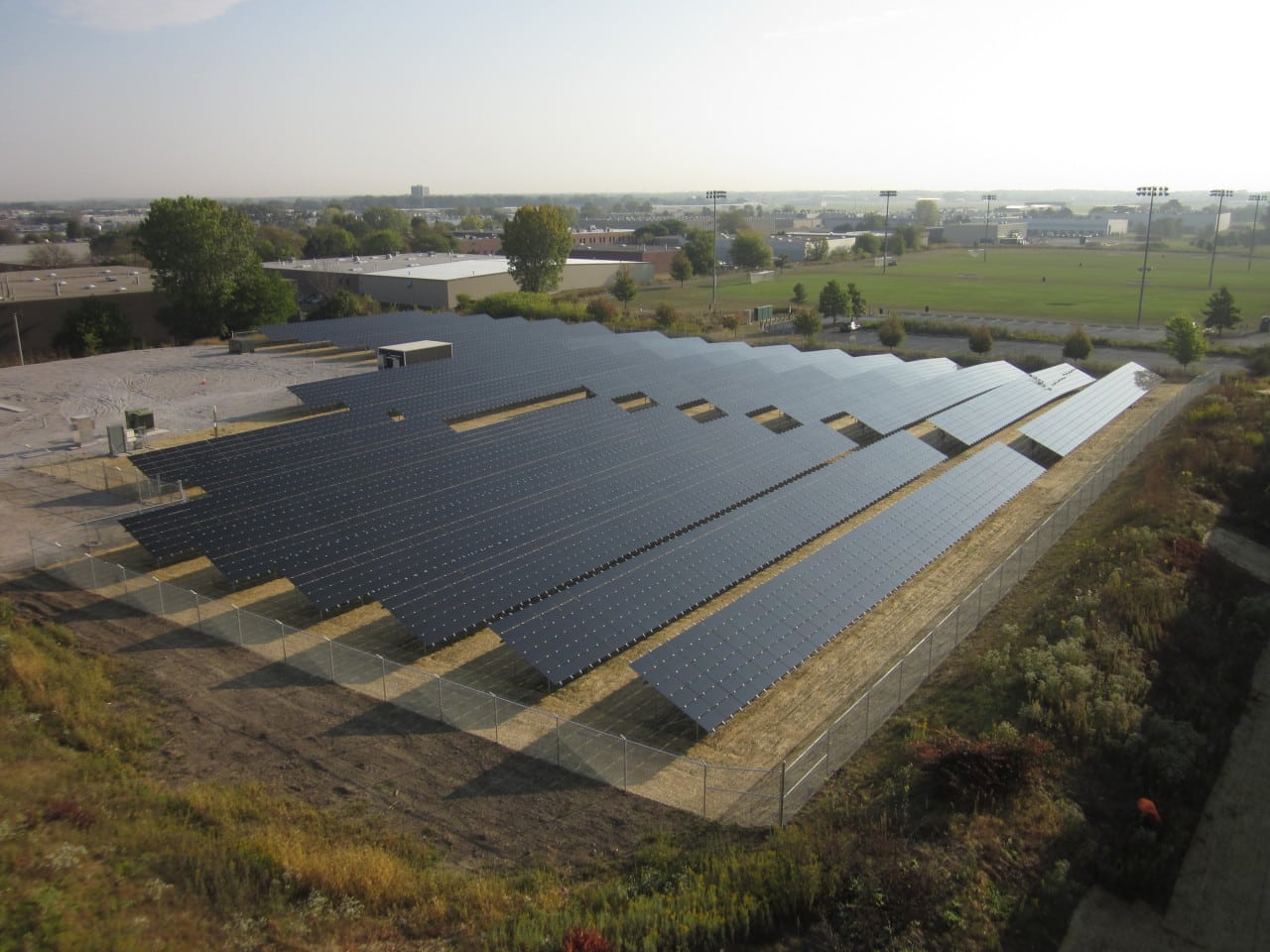The Prime Minister’s #Energy #Security #Strategy will not work. It’s a strategy for boosting #UK energy #supply. Of course, the UK needs a plan for where our energy should come from. But any effective strategy also has to address how much energy we use and how to reduce it. Indeed, it should start from there. A “supply strategy” for energy is like a “medicines strategy” for health – it misses the key options.
This is not an academic debating point. Just building more supply has never worked as an energy strategy. And it does not need to – reducing #demand works. Over the last 30 years, energy #efficiency improvement has contributed more to our energy security than the nuclear and renewables programme combined. And the potential for reducing energy demand further remains very large. This week’s IPCC report confirms such changes can be very large and need to be central to an effective climate policy. CREDS research shows that we could halve UK energy demand by 2050, whilst still improving our quality of life.
Electrifying transport and heating alone will achieve a lot, as electric vehicles and heat pumps are many times more efficient than the fossil fuel technologies they replace. And our buildings could and should be better insulated. But the message from recent research is more fundamental – we need also to think more broadly about what we use energy for. Reducing car use can play a major role, as can the reuse and substitution of energy intensive materials.
Time and money
Of course, much of this will require investment and take time. But that is even more true of the measures set out in the PM’s strategy. Changes in the way that we use energy are generally quicker than major supply side investments, especially options like new nuclear reactors, which are the most expensive option and cannot make any contribution for well over a decade. Saving energy provides more diverse, resilient, cleaner and cheaper options. The proposed support for heat pump innovation is only a tiny fraction of what is required.
Sadly, the ‘strategy’ continues a trend of going in the wrong direction. Energy saving policies have been dismantled over the last decade. Vehicle efficiency improvements have stalled and new building standards delayed. In David Cameron’s haste to ‘cut the green crap’ in 2012, building energy saving programmes were reduced by 90%. This outcome was not an unfortunate accident; it was a deliberate choice by a minister, who then went to work for Russian oligarch. The result is that a typical household uses 10% more energy for space heating and now pays £100 per year more for household energy than if previous programmes had been continued.
Some households have high car dependency and therefore will be doubly disadvantaged. But most people on low incomes do not drive long distances, and so rising transport fuel costs are less regressive. The recent reduction in road fuel duty is a diversion from the key problem that, unless urgent action is taken, rising household fuel bills will mean people die from living in cold homes next winter.
full text here
Professor Nick Eyre, based at the University of Oxford, is the Director of CREDS and a Professor of Energy and Climate Policy.

